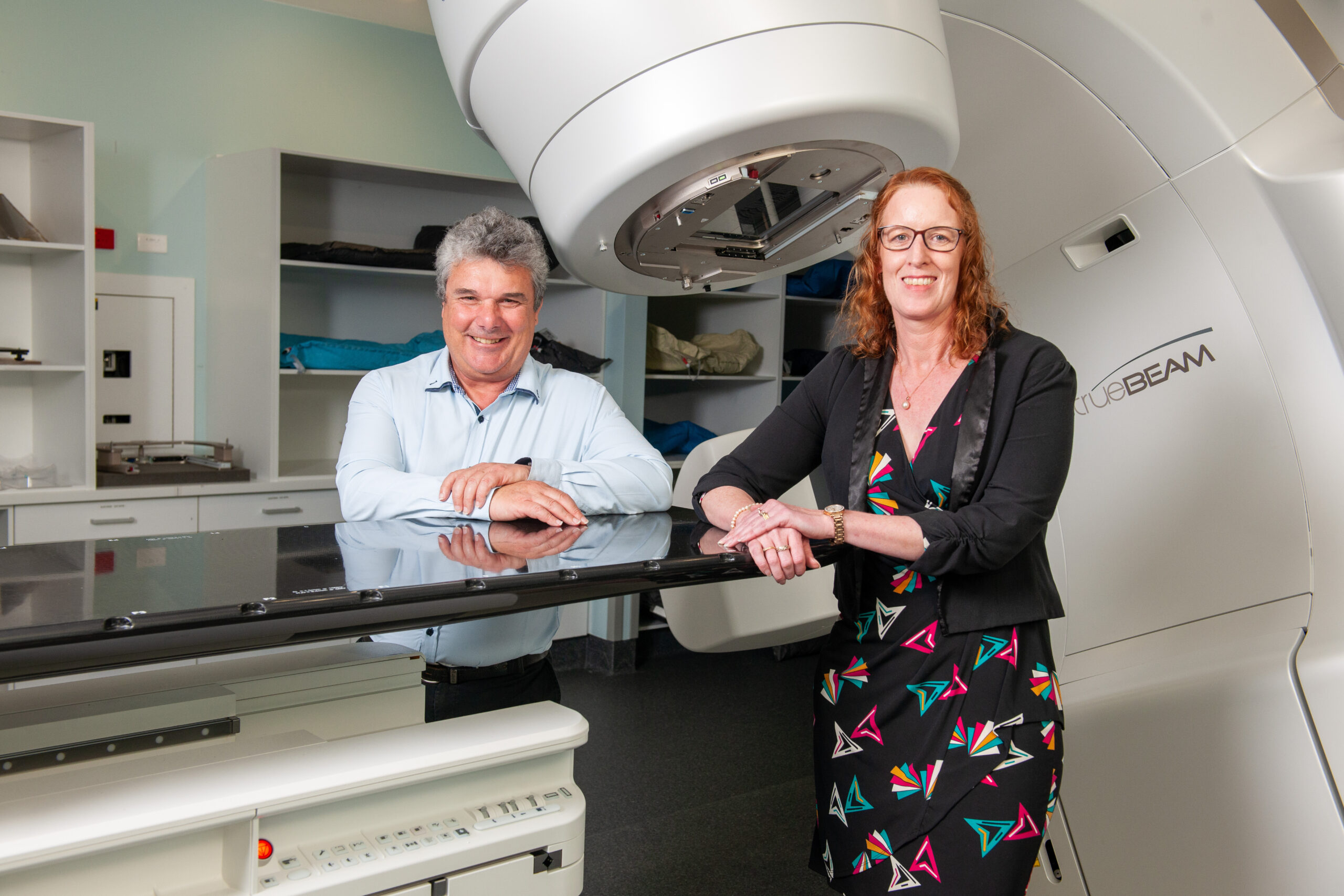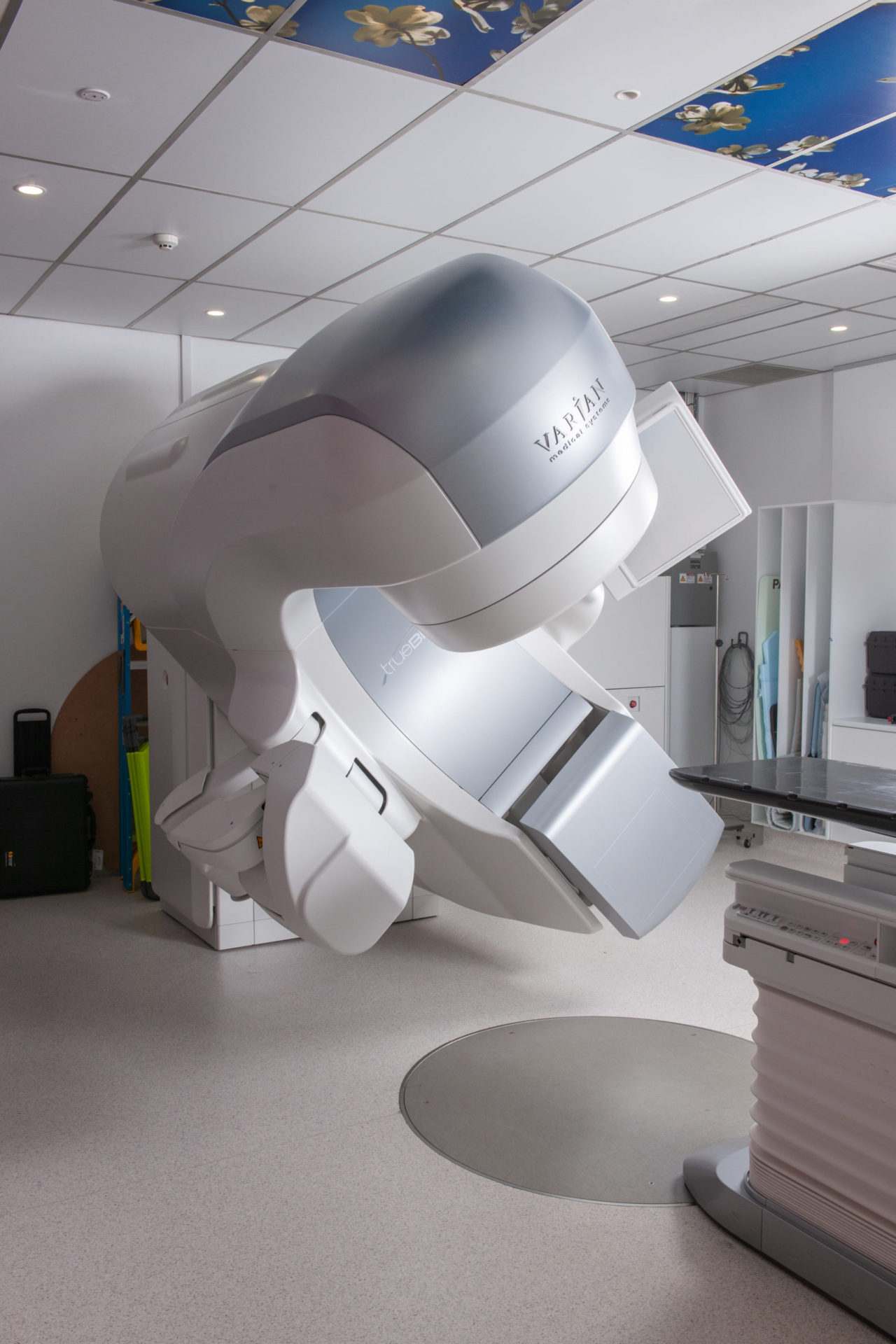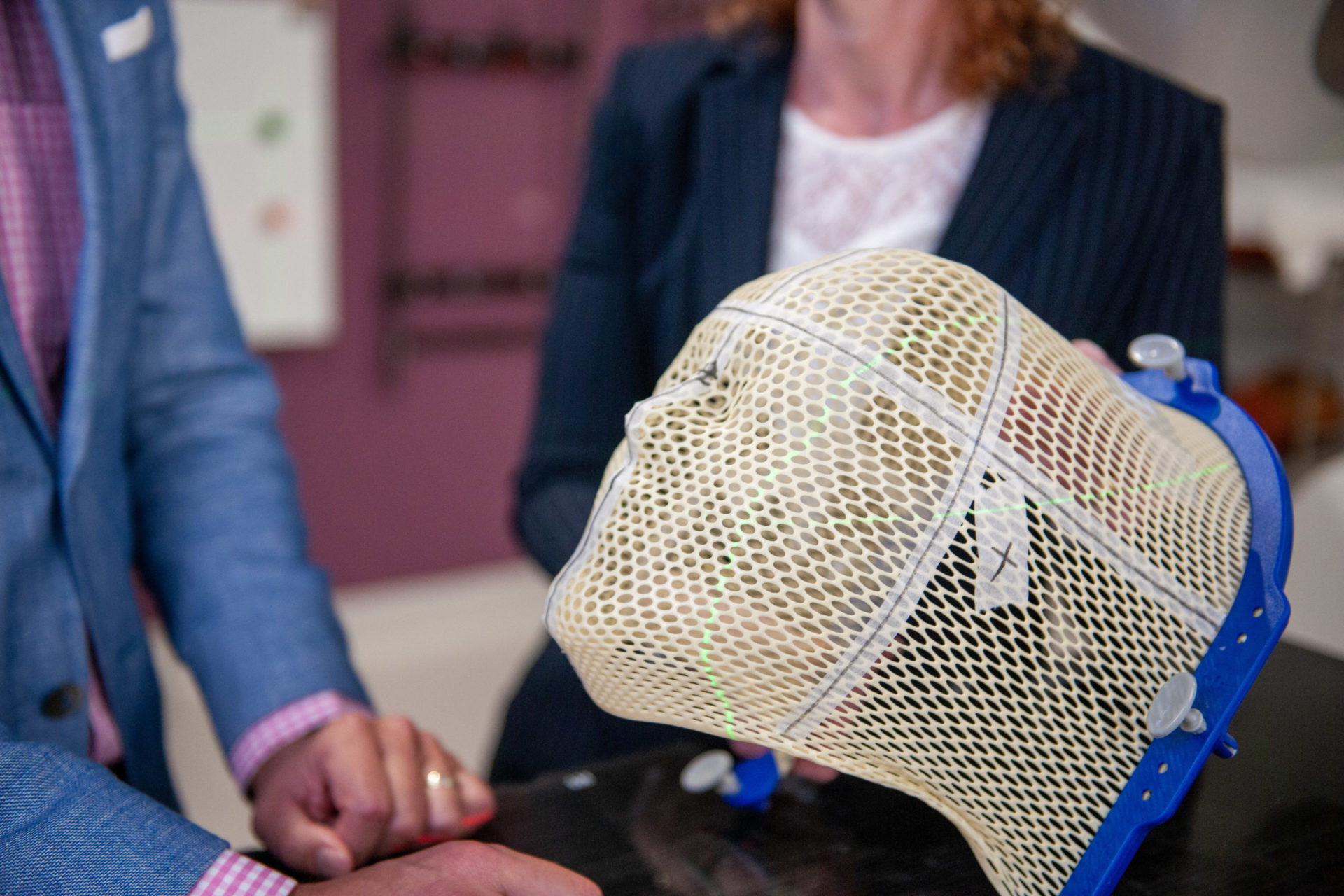
Contact us
If you require any further information or want to discuss collaborating with TROG, don’t hesitate to contact us at: qa@trog.com.au
Have your say – provide feedback today
The TROG QA team are always seeking to improve processes and systems. We value positive and constructive feedback from our members and clinical trials colleagues.
If you have any feedback or suggestions relevant to TROG QA, please feel free to complete our feedback survey or contact us.

In order for the results of a cancer research clinical trial to be published and adopted into clinical practice, data must be accurate. The Radiation Therapy Quality Assurance (RTQA) program provides the framework to monitor radiation therapy protocol compliance and data quality.
RTQA also ensures that centres participating in clinical trials have the right experience, equipment, procedures, and knowledge of the protocol to safely and meaningfully participate in the trial.
TROG Cancer Research is committed to collaboration with both national and international experts and continues to review international standards for credentialing new techniques and technologies in radiation oncology.
Technologically advanced software and procedures are continually being incorporated into the TROG Cancer Research RTQA program. This ensures our researchers have access to the best available resources for conducting their research.
The TROG Cancer Research RTQA team actively supports clinical trial activities through:
The development of robust radiation therapy planning, delivery, and quality assurance guidelines
Facilitating the development of guidelines to incorporate new techniques and technology
Monitoring and feedback on radiation therapy protocol compliance and radiation therapy plan quality
Maximising collaborative efforts to ensure TROG Cancer Research maintains high standards and responds to changing national and international guidelines.

Advanced techniques and technology in radiation oncology are continually evolving. This in turn requires the TROG Cancer Research RTQA team to remain adaptable and relevant. The RTQA team collaborate on a range of special projects. Some recent highlights include:
Sensitivity assessment systems to improve quality in radiation oncology treatments is a novel project that seeks to identify pilot methods, to systematically and remotely, test the sensitivity of a centres’ Patient-Specific Quality Assurance (PSQA) procedures, in order to detect clinically relevant treatment delivery problems.
The Primary Investigator of this project is Associate Professor Joerg Lehmann.
Virtual EPID Standard Phantom Audit (VESPA) is a novel remote method for external dosimetric Treatment Planning System (TPS), planned auditing of Intensity Modulated Radiotherapy (IMRT), and Volumetric Modulated Arc Therapy (VMAT) for clinical trials using an Electronic Portal Imaging Device (EPID).
The Primary Investigator of this project is Professor Peter Greer.
A novel approach to TROG Cancer Research RTQA methods is currently being piloted using Knowledge-Based Planning (KBP) (via Varian’s RapidPlan software) to provide a systematic method for patient-specific qualitative feedback.
TROG Cancer Research clinical trials involved in the pilot program include: TROG 15.01 SPARK, TROG 15.03 FASTRACK II, TROG 17.03 LARK and TROG 18.01 NINJA.
TROG RapidPlan Models are NOW AVAILABLE via mediated access for the following trials:
Please contact qa@trog.com.au for login details.
In 2021, TROG received vital pilot funding from Tour de Cure to facilitate the establishment of the TROG National Cancer Imaging Databank – a unique and important digital resource to improve patient outcomes in radiation oncology research.
This Cancer Imaging Databank resource, hosted via the Elekta ProKnow software will allow us to leverage important clinical trial data, maximising its utility and will facilitate insights that can only be made possible when data is pooled in parallel with powerful analytical platforms. It will allow future secondary analysis of data which is both cost-effective and efficient, meaning important clinical questions can be more rapidly answered.
For more information, contact the TROG Cancer Research RTQA team.